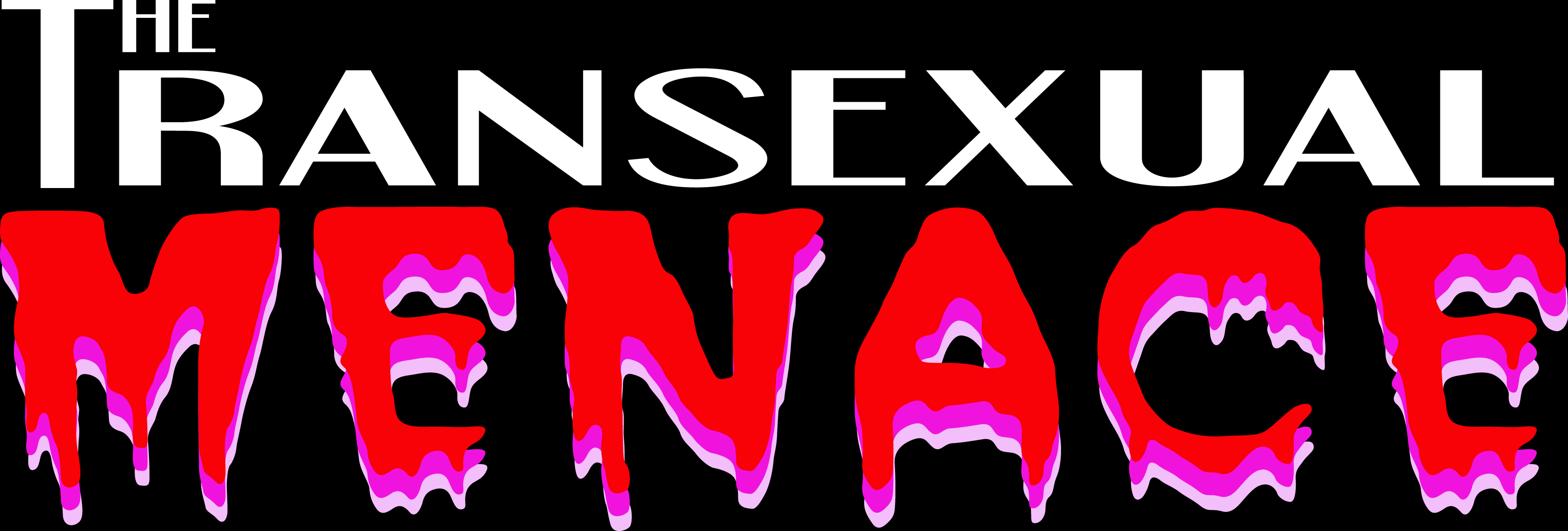Know Your Rights
In regards to protesting, it is important to know your rights:
- In America, protesting is considered a fundamental right. This is protected both by the constitution and the First Amendment; however, police can still implement restrictions on when, where, and how you are allowed to protest. This includes decisions to impose a curfew, stopping protesters from obstructing traffic, or designating a space in which to protest.
- The police may only issue a dispersal warning as a last resort – this should only occur when a protest poses an immediate threat to public safety. If this occurs, you must be given a clear explanation of the order, which includes how to leave safely, what the consequences are of failing to do so, and provide you with sufficient time to comply before you can be arrested or charged with a crime.
- You have the right to video record the police. You are not permitted to interfere with their operations, but filming from a safe distance is not interfering. Police are also not allowed to confiscate any videos or images on any device you possess without a warrant, and they may not delete data under any circumstances!
- If you are stopped by the police, you do not need to assume that you are under arrest. The first thing to do is ask if you are free to go; if they tell you yes, walk away calmly. If they tell you no, ask why you are being detained. The police can only detain you with a reasonable suspicion that you are about to commit a crime, or are currently engaged in one.
- If you are arrested, you have the right to remain silent. At this point, do not speak to the police, sign anything, or do anything without an attorney present. You have the right to a phone call, and the police cannot listen to a call to a lawyer made for legal help. Before attending a protest, it is important to look up the phone number to contact for legal help while in jail in the area you will be protesting in.
- If you feel that your rights were violated, write down as much information as possible when you are able to do so. This includes officers’ name and badge numbers, time and locations of events, and contact information for any witnesses. If there are any injuries, take photos of them as soon as possible. This information, along with any additional recordings, can be used to file a written complaint against the police agency, or for exploring other potential legal action.
This is only the starting point. For additional information regarding understanding your rights, this guide from the ACLU is a very useful resource. For further information on organizing action, and safety within action, continue to read our additional resources and information pages on this site.
